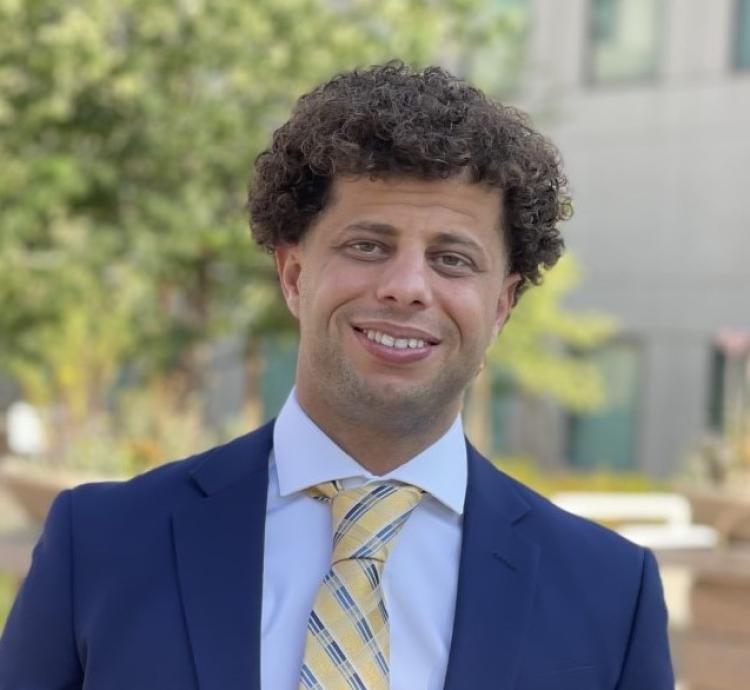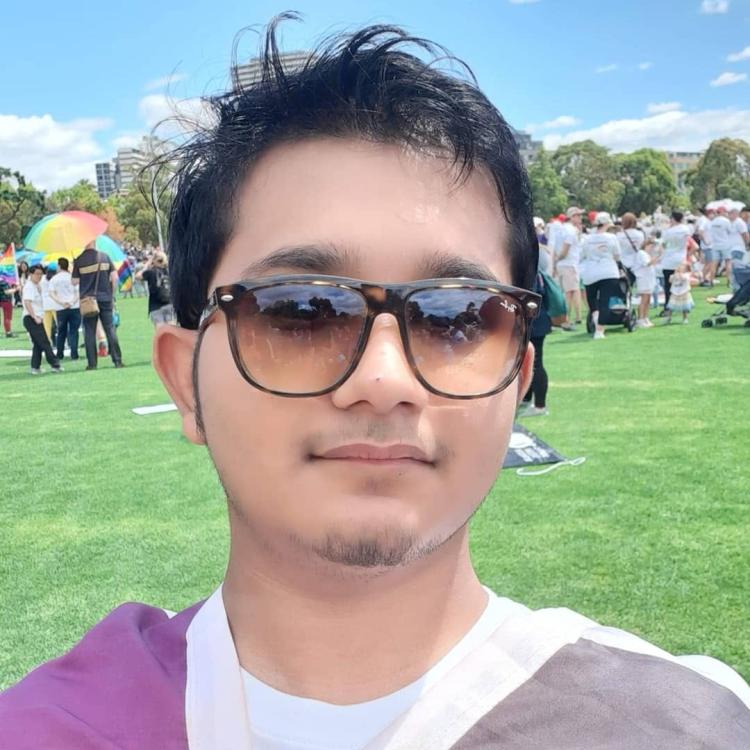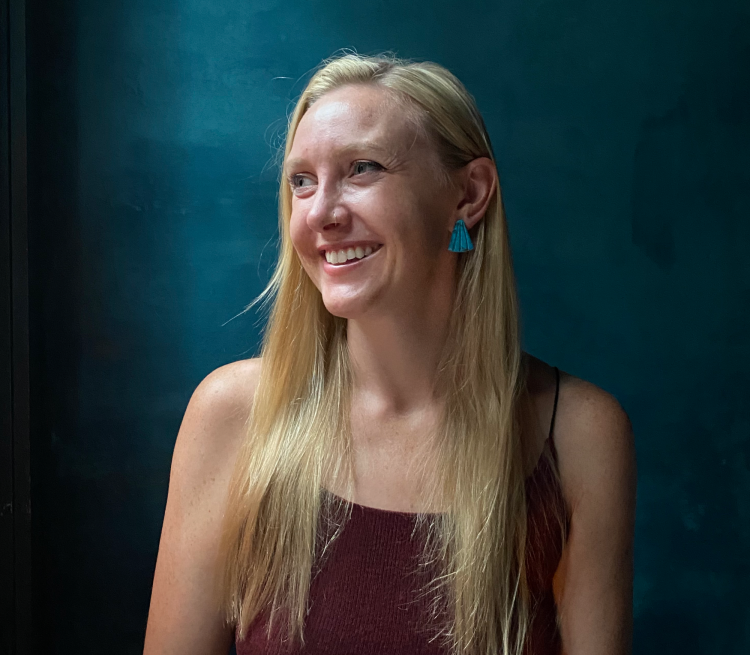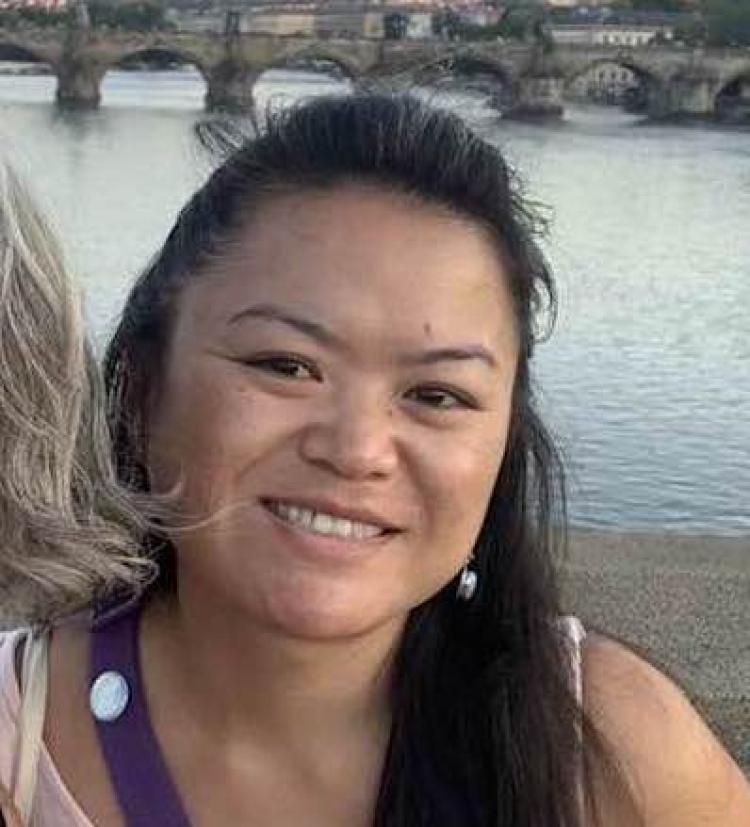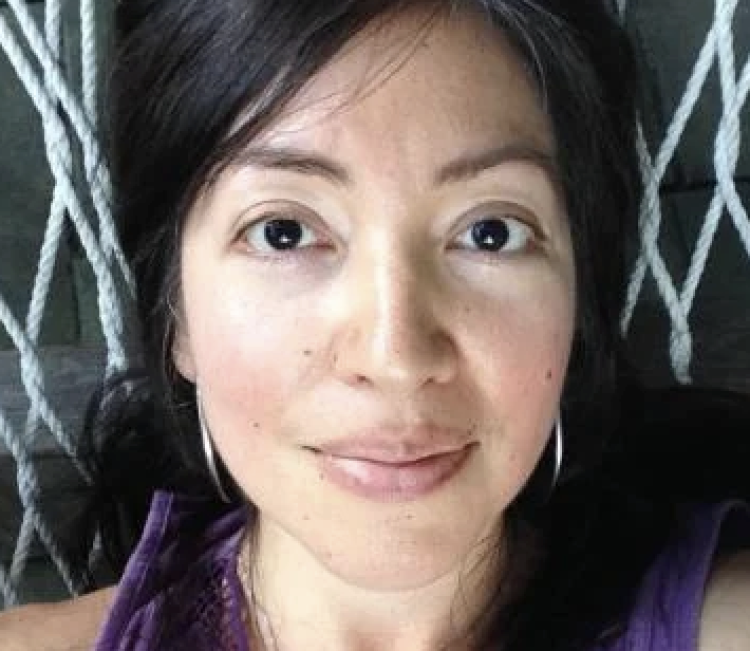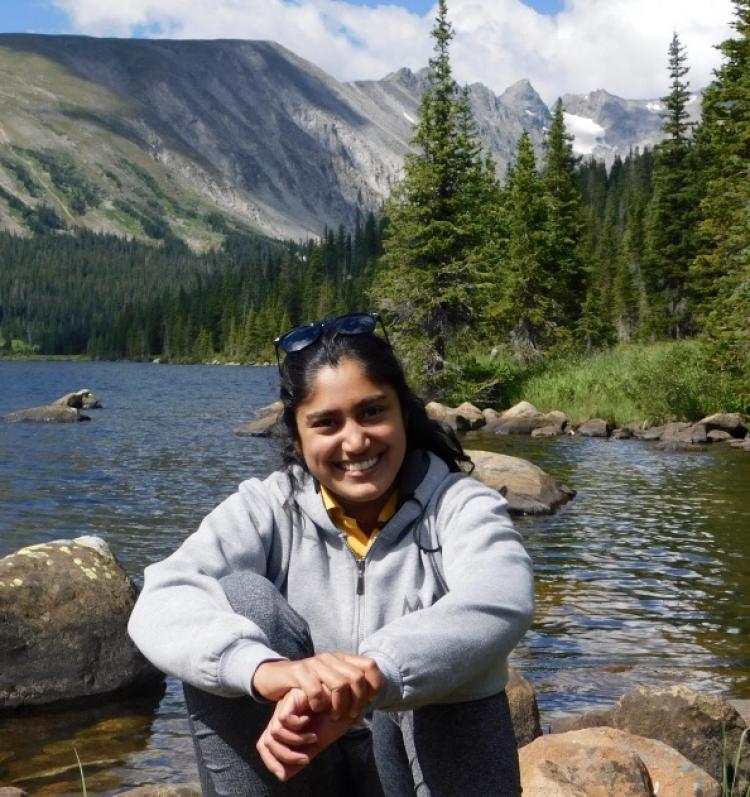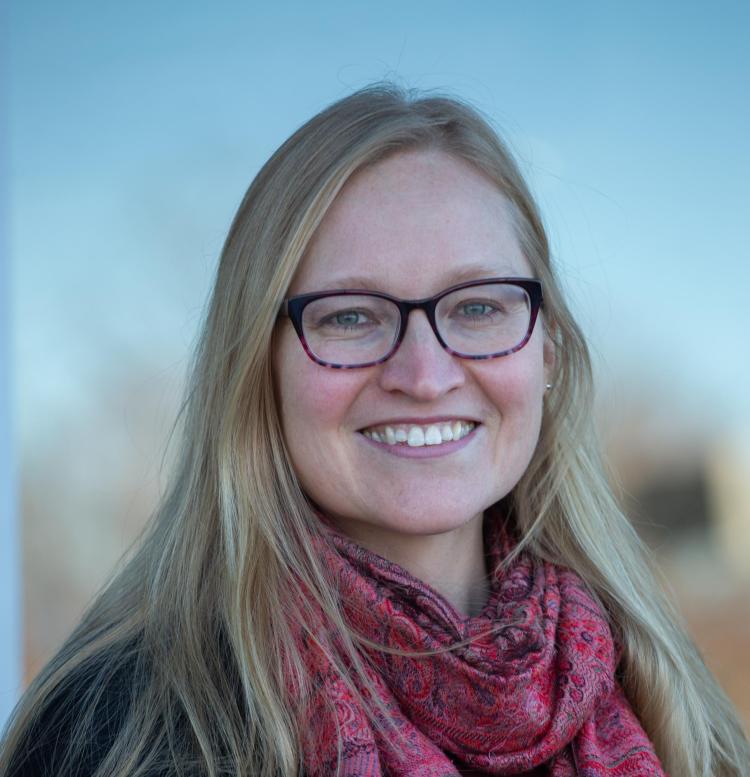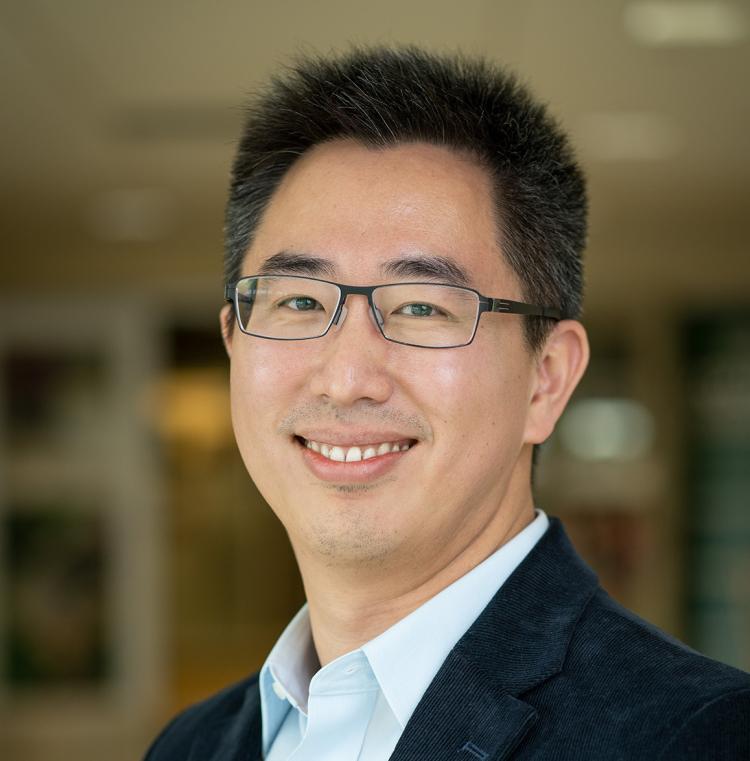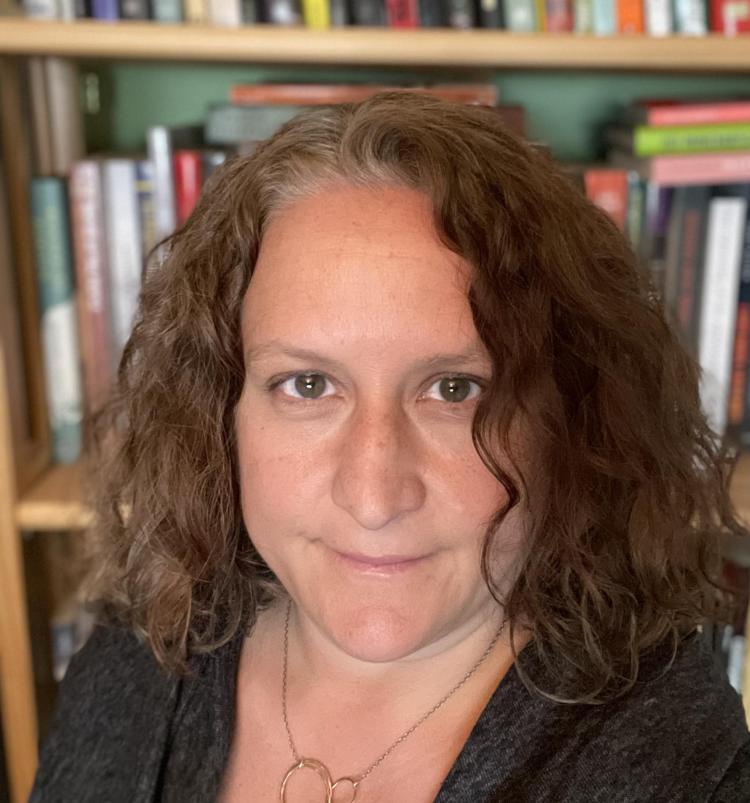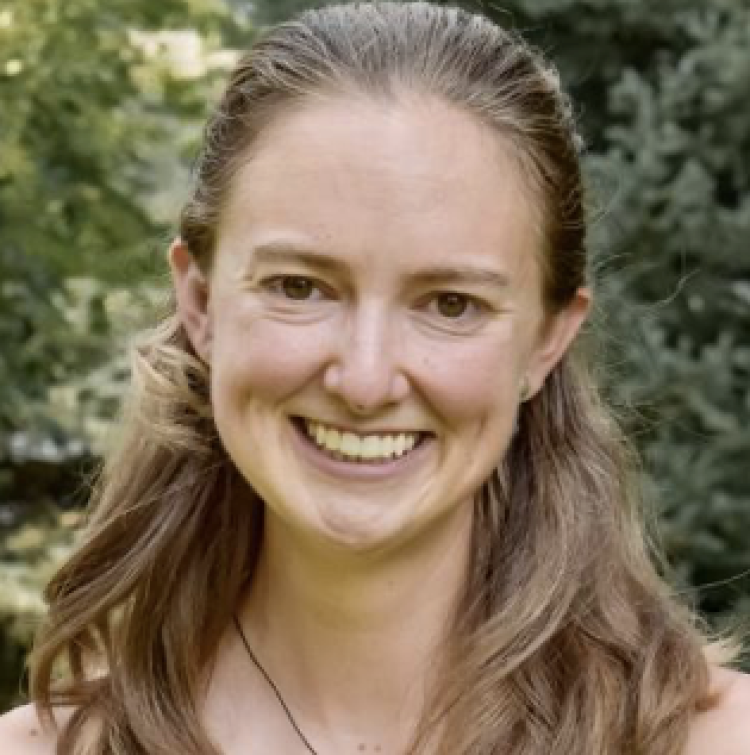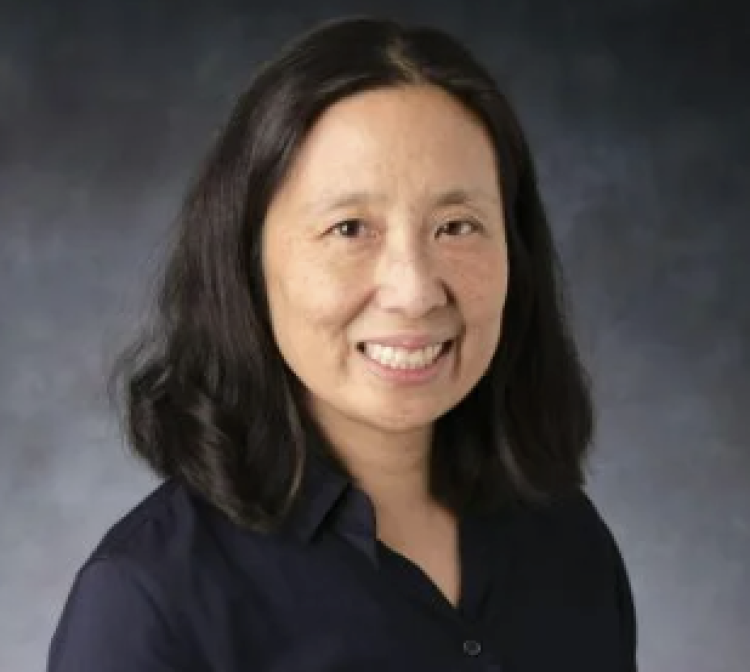Roundtable: Politics of Indigeneity in Asia
This roundtable brings together scholars to discuss contemporary politics of indigeneity in Asia. Centering Indigenous perspectives and epistemologies, the scholars will discuss how indigeneity functions across different colonial/imperial geographies in Asia and highlight varying struggles for self-determination and sovereignty.
Panelists:
Naim Aburaddi (he/him) is a Ph.D. student in Media Studies at CU Boulder. He has a BA in Journalism from Istanbul University and an MA in Communication Studies from California State University, San Bernardino (CSUSB). As a result of his work and activism, Aburaddi was featured and interviewed by many media outlets such as
Washington Report on Middle East Affairs,
BBC and other channels and newspapers. In addition, he was awarded the 2022 CSUSB College of Arts and Letters Outstanding Graduate Student Award, the 2022 Department of Communication Studies Outstanding Graduate Student Award and the 2022 Outstanding Graduate Teaching Associate Award. Aburaddi has over seven years of experience in digital journalism and media. He worked for several international media production companies as a digital content editor, social media manager, and communication consultant. In addition, he taught oral communication courses as a stand-alone instructor at California State University, San Bernardino for two years. Furthermore, he presented several academic articles at national and international conferences such as the National Communication Association (NCA), and
Arab Studies Quarterly (
ASQ) Conference.
Patrick Das is a first-year PhD student in the Department of Linguistics at the University of Colorado Boulder, with a keen interest in
areal-typological linguistics, the investigation of how human history and cognition interact to shape the patterns of language diversity we see in the world today. His work focuses on introducing multilingual, highly complex scenarios which our current theories in linguistics fail to account for, despite being incredibly common. In the past, this has manifested itself in his research on heritage language maintenance in intra-national diaspora communities in world cities like Delhi, where residents have to navigate their cities using a complex, multifaceted translinguistic repertoire. In his current work, he looks at linguistically complex and diverse zones like North-East India (or better called the Eastern Himalayan Region), which questions whether anthropological areas: areas that have been identified to have long-standing confluence in ecology, culture, language and social norms, also show convergence in linguistic patterns.
Dr. Shae Frydenlund (she/her) is a human geographer who studies capitalism's dependence on migrant labor. Funded by the National Science Foundation, her research shows how migrant labor underpins development in Kuala Lumpur, Malaysia and Aurora, Colorado (USA). Her newest research examines the gendered impacts of climate adaptation policy on tourism labor in Komodo National Park, Indonesia. Shae is the author of articles published in
Political Geography, Cultural Geography, Geoforum, and
Independent Journal of Burmese Scholarship. She earned her Ph.D. and M.A. in Geography from the University of Colorado Boulder, and a B.A. in Geography from Colgate University.
Dawa Lokyitsang (she/her) is a Ph.D. candidate in Cultural Anthropology at the University of Colorado Boulder. She holds a B.A. in Social Theory and Political Economy, with a minor in Asian Studies at the University of Massachusetts Amherst and a M.A. in Cultural Anthropology at the University of Colorado Boulder. Her dissertation looks at how Tibetans established sovereignty in exile through the frameworks of schools and kinship following the 1959 invasion of Tibet by the Communist government of China. As a historical ethnographer, her academic and public scholarship have focused on topics of identity, authenticity, and purity, trauma, memory and intergenerational history, women’s leadership, gender advocacy, and intersectional feminisms in the Tibetan diaspora, as well as Chinese (settler) colonialisms and imperialisms, Tibetan indigeneities, decolonizing Anthropology, Museums studies, Tibetan studies, and Buddhist studies, and centering Tibetan sovereignty, ontology, and epistemology. Her scholarship has been featured on American Ethnologist, Lexington Books, Muse India, Waxing Moon, and Tibet Policy Journal, with forthcoming work in Duke University Press, Oxford University Press, and National Cheng Kung University Press. She has been awarded the Center for Humanities & the Arts Dissertation Fellowship 2022, Foundation for Universal Responsibility Fellowship 2022, Fulbright-Hays Doctoral Dissertation Research Fellowship 2019, Wenner-Gren Fieldwork Grant Fellowship 2019, and the Dalai Lama Trust Graduate scholarship program in 2016 and 2012. She is also the co-founder and editor of Lhakar Diaries, a leading English language blog among Tibetan youth in exile.
Moderated by:
Dr. Natalie Avalos (she/her) is as an Assistant Professor in the Department of Ethnic Studies and Affiliate Faculty in the Religious Studies and Women and Gender Studies Departments. Dr. Avalos is an ethnographer of religion whose work in comparative Indigeneities explores urban Indian and Tibetan refugee religious life, healing historical trauma, and decolonial praxis. She received her doctorate from the University of California at Santa Barbara in Religious Studies with a special focus on Native American and Indigenous Religious Traditions and Tibetan Buddhism. She is a Ford Predoctoral Fellow, FTE Dissertation Fellow, and former CU Boulder Chancellor’s Postdoctoral Fellow. Prior to joining CU Boulder, she taught as a Visiting Assistant Professor in the Religious Studies department at Connecticut College. She is currently working on her manuscript titled
The Metaphysics of Decolonialization: Transnational Indigeneities and Religious Refusal. It argues that the reassertion of land-based logics among Native and Tibetan peoples not only de-centers settler colonial claims to legitimate knowledge but also articulates forms of sovereignty rooted in interdependent relations of power among all persons, human and other-than human. She is a Chicana of Apache descent, born and raised in the Bay Area.
Dr. Avalos’ approach to research and teaching is informed by decolonial theory as well as critical ethnic studies and critical Indigenous studies frameworks. A critical ethnic studies approach links the multiple intellectual traditions represented in ethnic studies to colonial logics such as heteronormativity, racial capitalism, and white supremacy. A critical Indigenous framework takes an endogenous approach to Indigenous life, centering Native epistemological claims, for instance that Indigenous notions of selfhood are co-extensive and bear consideration in projects for sovereignty and survival.
Roundtable: Environmental Justice in Asia
This roundtable will feature scholars from several Front Range universities to discuss environmental justice in contemporary Asia. Topics will include a discussion of the work being done by activists in different parts of Asia toward climate justice and a just transition, the key injustices faced in different contexts, the relationship between activism and scholarship, and how research on environmental justice in Asia shapes the teaching of EJ issues in the US context.
Panelists:
Denise Fernandes is a Ph.D. candidate and Graduate Part-Time Instructor in the Department of Environmental Studies at the University of Colorado-Boulder. Her research focuses on energy landscapes and transitions, climate and environmental justice, the reproduction of inequalities and power hierarchies, and its impact on vulnerable and historically marginalized communities in the Global South. For her dissertation, she is studying the financialization of utility-scale solar power plants in Morocco and India, and the ways imperialism thrives during the climate crisis. Besides her academic work, she collaborates with interdisciplinary artists to visually portray energy politics and the climate crisis, and she is also a grassroots organizer and activist in the US and India.
Sara Jackson Shumate Ph.D. (she/her/hers) is the Director for the Center for Individualized Learning (CIL) At Metropolitan State University of Denver. For 7 years she was a Geography Lecturer in the Department of Earth and Atmospheric Sciences at MSU Denver, teaching a range of classes on political geography, economic geography, sustainability and environmental studies, and Geographic Information Science (GIS). She earned her Ph.D. in Geography from York University, Toronto, M.A. in Geography from the University of British Columbia, and B.A. in International Studies from the University of Washington. Her research examines perceptions of infrastructure development, both in Mongolia and in Denver. She has published in a variety of journals including
The Annals of the American Association of Geographers,
Geoforum, The
Journal of Transport Geography,
Water Alternatives, and the
Eurasian Journal of Geographic and Economics.
Dr. KuoRay Mao is Associate Professor of Sociology at Colorado State University. As a green criminologist specializing in environmental governance and natural resource management in an illiberal context, he studies the complicated relationship between economic development, environmental degradation, environmental justice, and the regulatory regime of the global capitalist system. He has examined the institutional factors perpetuating environmental harm throughout China’s most vulnerable populations and the state and public responses to green victimization in East Asia.
Phaedra C. Pezzullo is an associate professor in the College of Media, Communication, and Information with affiliations in Environmental Studies and Ethnic Studies. Pezzullo has published many books, including
Green Communication and China: On Crisis, Care, and Global Futures (MSU Press, 2020, coedited with Jingfang Liu). Half of the proceeds of her forthcoming book,
Beyond Straw Men: Plastic Pollution and Networked Culture of Care (University of California Press, September 2023), will be donated to Justice for Formosa Victims and features a chapter on social media responses to the 2016 marine life kill in Vietnam. She serves as a founding Co-Director of
C3BC (Creative Climate Communication & Behavior Change Center) and the
Just Transition Collaborative.
Emma Loizeaux is a PhD Student in the Department of Geography at the University of Colorado Boulder. Her dissertation research studies the rise of carbon capture, utilization and storage (CCUS) technologies as an approach to climate change in China and the US. She is interested in market-based and technological “fixes” to environmental challenges, and in the roles that expertise and global environmental governance play in political economies of climate change.
Moderated by:
Emily Yeh (Professor of Geography, CU Boulder) Dr. Yeh's main research interests are on questions of power, political economy, and cultural politics in the nature-society relationship. Using primarily ethnographic methods, she has conducted research on property rights, natural resource conflicts, environmental history, development and landscape transformation, grassland management and environmental policies, and emerging environmentalisms in Tibetan areas of China. In addition, she has also worked on the politics of identity and race in the Tibetan diaspora, and on several NSF-funded interdisciplinary, collaborative projects on putative causes of rangeland degradation and vulnerability to climate change on the Tibetan Plateau. Broader research and teaching interests include transnational conservation, critical development studies, the relationship between nature, territory, and the nation, and environmental justice. Her regional expertise is in China, Tibet, and the Himalayas.
Keynote: Sunil Amrith, Yale University
Life, Moving: Notes from a Small Island
Ecologists tell us that we are living in the midst of a “universal redistribution of life on Earth.” This talk explores what that means, starting from the vantage point of a city-state—Singapore—that is better endowed than most small islands to respond to rising waters. What kinds of people—and what other forms of life—can, and can’t, move in response to escalating risk and uninhabitable conditions? Moving from the biography of a single tree to the constrained movement of migrant workers across borders, the talk places both mobility and immobility at the heart of our considerations of environmental justice.
Sunil Amrith is the Renu and Anand Dhawan Professor of History at Yale University, and current chair of the Council on South Asian Studies at Yale’s MacMillan Center. His research focuses on the movements of people and the ecological processes that have connected South and Southeast Asia. Amrith is the author of four books, including Unruly Waters (2018) and Crossing the Bay of Bengal (2013). He is the recipient of the 2022 Dr A.H. Heineken Prize for History, a 2017 MacArthur Fellowship, and the 2016 Infosys Prize in Humanities.
